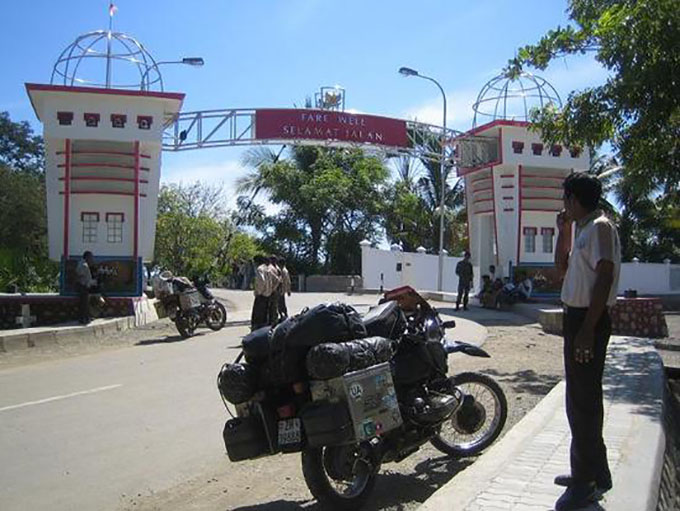By Tama Salim in Dili and Anggi M. Lubis in Jakarta
Timor-Leste remains upbeat about negotiations on outstanding border issues with Indonesia, as the two governments continue to build on previous commitments to expedite the process.
With 98 percent of the land border already agreed upon, officials from both countries are still looking to resolve disputes about the remaining segments, having previously hit a snag in providing assurances for the population living on and around the border.
But now both countries are “very close” to a consensus on the remaining border areas, a senior official from Dili said, as the two governments seek lasting solutions for those who are likely to be affected by the border negotiations.
“There is goodwill on both sides to conclude the negotiations but also a responsibility to properly address the concerns of the communities living in the final 2 percent to be determined,” Timor Leste’s Minister of State, Agio Pereira, said on Monday in response to questions from The Jakarta Post.
Pereira, who is also president of Timor Leste’s Council of Ministers, said that progress was made despite the apparent lull and that negotiating teams from both countries continued to meet, calling the efforts a good precursor to the maritime border negotiations that are still in their early stages.
Even so, Pereira made no excuse for the slow pace of negotiating borders with other countries.
“Border delimitation is essentially a technical process that takes time and is carried out with a heavy sense of responsibility,” the senior minister said. “Also there is a human element, because drawing the line can impact villages, families and their livelihoods.”
Relatively swift
The current negotiations with Dili, although considered relatively swift compared to border disputes with other neighboring countries, have been mired in inefficiency and sluggish progress.
Indonesia and Timor Leste have been negotiating their border since 2002, soon after the latter formalised its independence from Indonesia following a UN-supervised referendum held in 1999.
Both countries have agreed on more than 900 coordinates as land border points save for two areas, the Noel Besi-Citrana and Bijael Sunan-Oben segments.
During his official visit to Dili at the end of January, President Joko “Jokowi” Widodo said that negotiations regarding the two areas would conclude by the second quarter of 2016.
Additionally, no maritime border areas have been finalised between the two countries. A senior diplomat in border disputes, Eddy Pratomo, recently said that negotiations concerning the two countries? maritime boundaries would have to wait until all land border disputes had been settled.
This delay can be attributed partly to poor coordination between the parties involved, with Indonesia’s Home Ministry spearheading the land border initiatives and the Foreign Ministry responsible for the maritime boundaries.
To further complicate matters, Indonesia’s negotiation team for Timor-Leste has been in flux, with lead negotiator Octavino Alimudin leaving his post to become Indonesia’s ambassador to Iran.
Border areas
Indonesia’s Ambassador to Timor-Leste Primanto Hendrasmoro said there would soon be a meeting of the Joint Border Committee, which would seek a new approach that would cater to the needs of those living in the border areas.
At the moment, there are nine points on the Indonesia-Timor-Leste border where the local population can roam between the two countries, provided they hold cross-border passes (PLB), the Indonesian envoy explained.
The key to the remainder of the land border negotiation between Indonesia and Timor-Leste will be how the governments of the two countries involve community leaders in reaching out to resisting populations, Indonesian Institute of Sciences (LIPI) researcher Ganewati Wuryandari said.













































